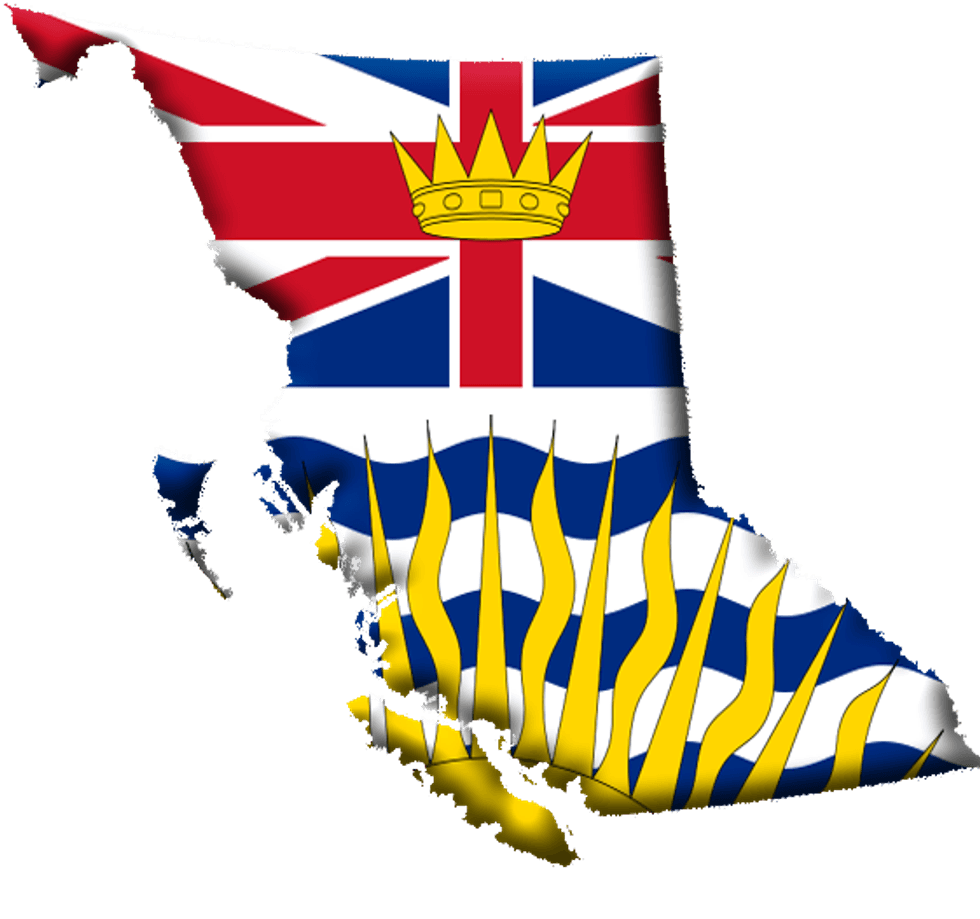Mount Polley Tailings Pond Breach Still Affecting Local Communities
According to Jacinda Mack of the Northern Shuswap Tribal Council, local communities are still dealing with impacts of the tailings dam breach at Mount Polley.
As many will remember, Imperial Metals (TSX:III) made headlines this summer when a tailings dam breach at its Mount Polley copper-gold mine near Likely, BC caused water and tailings to flow into the surrounding area.
The event has faded out of the spotlight since then, save for a few ongoing updates. However, according to Jacinda Mack, mining response coordinator for the Northern Shuswap Tribal Council, the disaster is still a daily reality for aboriginal communities in the area and residents of Likely. She gave a remote presentation on the subject to Women in Mining’s Vancouver branch on Thursday.
Water in Quesnel Lake, claimed to be one of the largest freshwater lakes in the world, used to be so clear that it was “often used as a baseline for water studies in Canada and British Columbia,” said Mack. That allowed residents to draw water directly from the lake for everything from drinking to watering gardens and running businesses, but following the Mount Polley breach, that isn’t the case anymore.
“It has completely changed the lake,” said Mack. “It was shocking and heartbreaking.”
Following the tailings dam breach, water bans were immediately enacted on waterways, including Quesnel Lake, Polley Lake, Hazeltine Creek and Cariboo Creek. Though those bans were later lifted, there were (and still remain) lingering concerns over the quality of the water.
Dr. Lyn Anglin, who started as chief scientific officer of Imperial Mines a month after the breach and who attended the event, stated during a question period after the presentation that while there wasn’t any chemical contamination of the lake water, turbidity, although declining, is still an issue.
“Interior Health essentially established that the water was safe for drinking, as long as it was still clear. You’re never supposed to drink cloudy water,” she said. “The mine responded with providing filters to anybody who did take raw water out of the lake and didn’t already have some sort of a filtration system. And that’s been ongoing. In fact, we are still in the process of installing and replacing filters as people need them.”
Mack said that residents had to push for clean drinking water to be delivered, and that began in December. While Aglin pointed out that clean water deliveries started much sooner from the Spanish Mountain camp, Mack said that the water was contaminated.
Beyond that, it’s worth noting that the breach took place during the spawning season for salmon, meaning that First Nations communities in the area won’t have the stores of fish that form a significant part of their food supply during the winter. What’s more, Mack noted the social and emotional effects caused by the mine. “People were very scared,” she said, noting that some talk about having nightmares of another event, while emotions are still high as the community continues to deal with the situation.
Moving forward
All that said, Mack made it clear that the community isn’t saying “no” to mining, and acknowledged that both Imperial Metals and the government of BC have been doing their part to address effects of the event.
“They’ve done a lot of work,” she said of Imperial Metals, noting additional dykes built to help stabilize further movement of tailings, the pumping of Polley Lake down to original levels and the removal of logs and debris from Quesnel Lake and other waterways. Currently, she said that the company is conducting work to prepare for the effects of additional water from spring freshnet, and is conducting ongoing toxicology testing in the area. She also stated that the community meets with the mine “fairly regularly.”
For its part, the BC Ministry of Energy and Mines has ordered an independent investigation of the cause of the breach, the results of which should be out January 30, and it’s also ordered inspections on all permitted tailings impoundments. The Ministry of Environment announced containment clean-up plans this fall, and both groups are conducting continuing on site monitoring for compliance.
Back on the mining side of things, she noted that more and more women from her community seem to be working at mines, which she sees as a “shift in the industry.” Moreover, Mack pointed to the NStQ mining policy released December 1 that will apply to future projects in the region.
Certainly, it’s interesting to get some insight into the ongoing effects on aboriginal communities living near the Mount Polley mine and on other residents in the area. The event still serves as a reminder of the growing importance of social license for mining project developers and investors.
“We don’t say that we want to shut down all mining,” Mack concluded. “We want mining to be cleaned up. We want the Mount Polley mine disaster to teach us how to be better.”
Securities Disclosure: I, Teresa Matich, hold no direct investment interest in any company mentioned in this article.
Related reading:
Imperial Metals Down 42 Percent After Tailings Pond Breach
Laying Down the Law: First Nations Group Sets Mining Policy for BC






